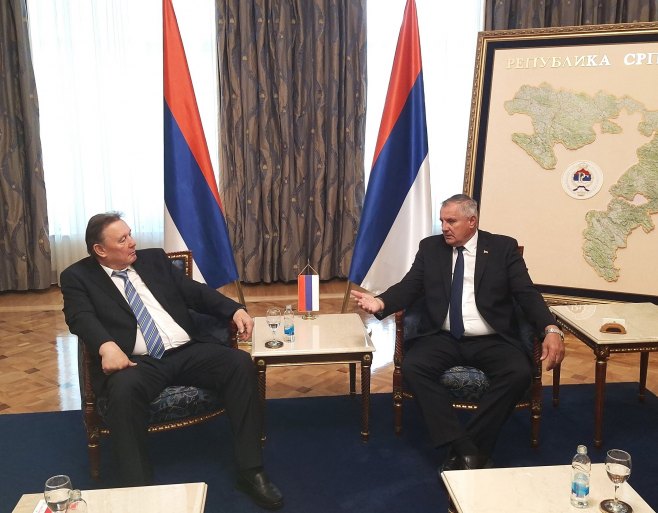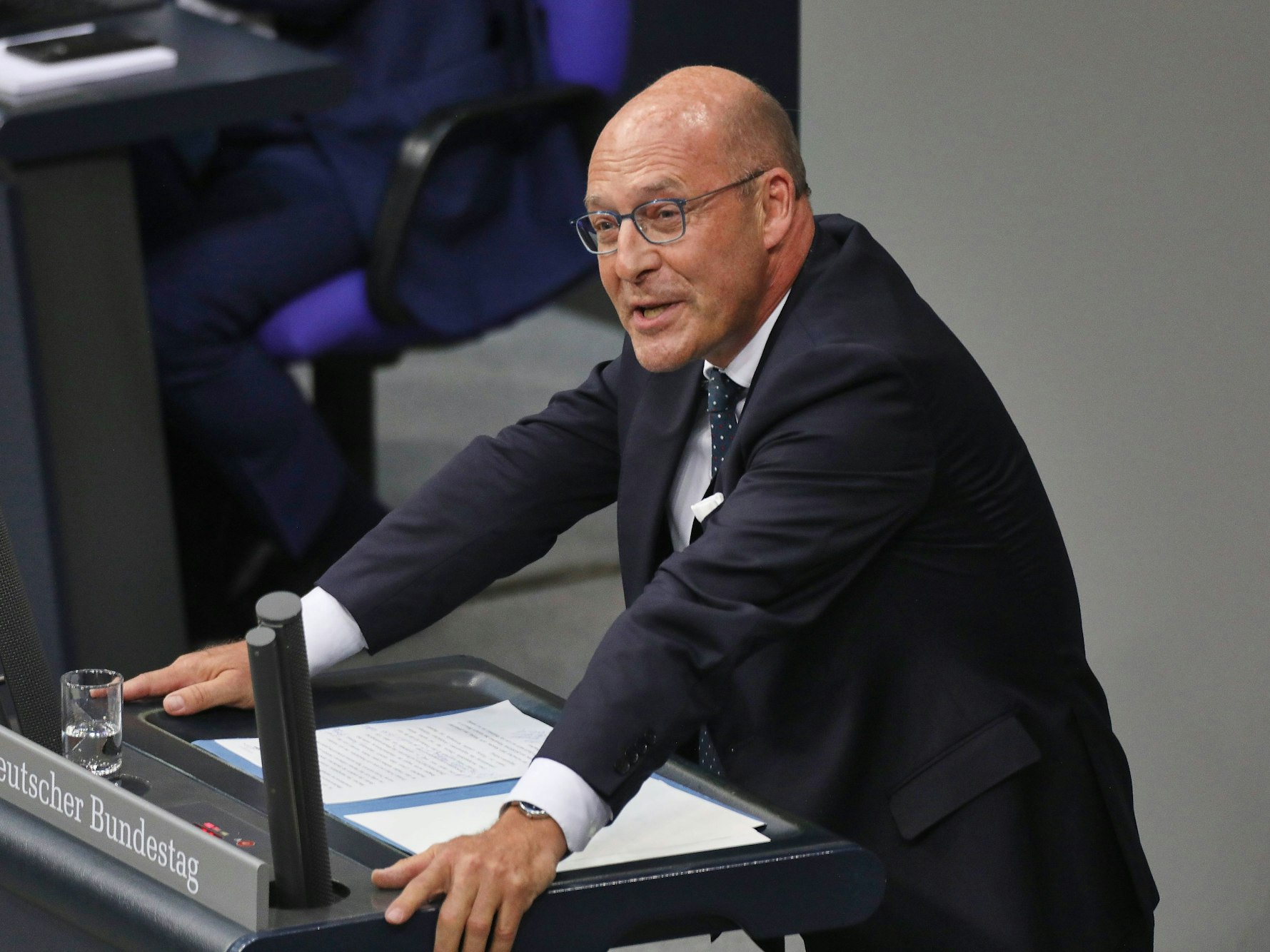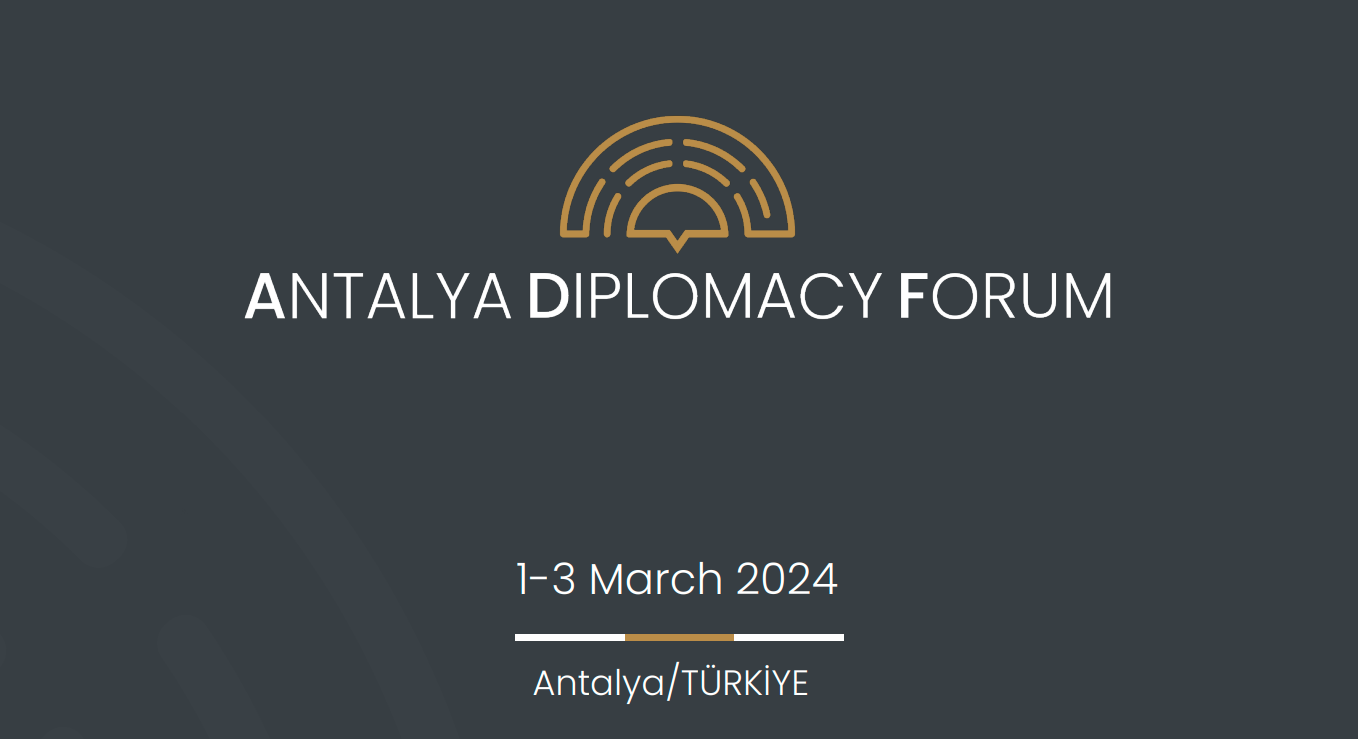If you asked parents around the world what they would like their children to study, I believe the two most frequent answers would undoubtedly be medicine and law. Doctors and lawyers, after all, are highly respected in every society—and usually earn above-average incomes. When young people decide to follow their parents’ implicit wishes, the choice typically depends on whether they’re inclined toward social or natural sciences. And in the worlds of social and natural sciences, there is one crucial difference.
Social sciences are generally based on interpretation, while natural sciences rely on experimental proof. To stay within the context of law and medicine, a court or a jury decides whether a murder was premeditated or committed in the heat of the moment—while another court or jury might decide differently. Medicine is far more exact. A person may exhibit various respiratory symptoms, but they have tuberculosis only if the TB bacillus is confirmed in their system.
Diagnosis
Tomorrow marks thirty years since the beginning of the Srebrenica massacre, which for the Bosniak nation is genocide, and for Serbs, in overwhelming majority, is considered a “horrific crime.” As we noted, law is not exact. Imagine a man whose father died suddenly. He is, of course, deeply saddened, but what troubles him further is his suspicion that his father was poisoned. Neighbors and relatives insist he died of a heart attack. A doctor tells him that his father is dead either way, but the son insists on an autopsy. It turns out the man was indeed poisoned. The police bring in three top expert teams to determine the cause of death. Each of them independently conducts an autopsy and issues a nearly identical report: the father died from poisoning. The son finally buries his father. Yet two or three especially tiresome individuals—a mechanic neighbor, an unemployed cousin, and a bank clerk—continue to claim it was a heart attack. Even after the poisoners are found and convicted, the skeptics still say: “Maybe they did give him poison, but that doesn’t mean he died from it.” Meanwhile, the son remains uncertain that all those responsible have been caught.
The Bosniak and Serb publics are in a similar position when it comes to Srebrenica. The Bosniak public is the man who lost his father. In this context, the legal definition is the diagnosis. And just as there is no doubt among relevant and competent experts that the diagnosis was poisoning, likewise all competent and authoritative legal bodies have declared the mass crimes that followed the fall of Srebrenica in July 1995 to be genocide. In this sense, when it comes to the core definition, the son should not be disturbed by the opinions of some neighbors and relatives.
However, the problem is that the son lives—and must continue to live—with those neighbors and relatives. Like it or not, he cannot become completely numb to their constant objections. For the sake of peace in the home, the least they could do would be to offer condolences over his father’s death and refrain from mentioning their theories. If the doctors didn’t convince them, they don’t even need to explicitly say: “Fine, it was poisoning.” They could just say: “We accept what the doctors said—it’s their job, after all.”
The declaration
This last example is exactly what the Republic of Serbia did in March 2010 by adopting a declaration that states: “The National Assembly of the Republic of Serbia most strongly condemns the crime committed against the Bosniak population in Srebrenica in July 1995, in the manner determined by the judgment of the International Court of Justice.” The word “genocide” is not explicitly mentioned in the declaration, but the phrase “in the manner determined by the judgment of the International Court of Justice” is completely unambiguous. This declaration was adopted by the highest legislative body in Serbia and has never been repealed. In that sense, the frequent calls for Serbia to take an institutional position on this issue are counterproductive—it already has. At the time the declaration was adopted, Sonja Biserko stated that it “was not convincing enough without the arrest of Ratko Mladić,” and she was absolutely right, since his arrest was being pushed three years earlier, during the issuance of the ICJ ruling. A little over a year later, Mladić was indeed arrested.
The constant media and digital outcry every time a Serb official says something like, “It wasn’t genocide, it was a horrific crime,” does not contribute to establishing legal and historical truth, but rather to day-to-day political distraction. Media statements do not carry the weight of parliamentary declarations. If they had any sense and diplomatic skill, ruling Serb politicians would always respond to questions about Srebrenica by saying that their position is aligned with the parliamentary declaration from March 2010, and that they “strongly condemn” the crime whose nature was determined by the “judgment of the International Court of Justice.”
Facts and interpretations
From political Sarajevo, barbed polemical arrows are often launched at Belgrade and Banja Luka, claiming that these communities “have not come to terms with the past.” That reckoning may not have been perfect—but it did happen. That is to say, there may be debates over how the crime is defined, but no one denies that a crime occurred. Practically no one does so in public discourse, not even the notorious Vojislav Šešelj. Among the traumatic events in the creation of Republika Srpska and the suffering of Bosniaks, the destruction of all Banja Luka mosques certainly stands out. Everyone knows it happened, no one denies it, and it seems no one even tries to justify it. Yet throughout those years—despite being subjected to numerous attacks and provocations—Mufti Ibrahim Halilović lived out the war in Banja Luka, alive and well. Half a century earlier, his “counterpart,” if the term fits—a man in the hierarchy of the Serbian Orthodox Church equivalent to Halilović’s position in the Islamic Community—Bishop Platon, was brutally murdered by Ustaša Asim Ćelić. Today’s Bosniak political establishment would likely say that Asim Ćelić was a Croat, since he probably identified as such. But this is like the joke that Austrians convinced the world that Beethoven was Austrian, while Hitler was German. All jokes aside, what I’m highlighting here is a relatively banal point—one often emphasized by newspapers that say all commentary is free, but facts are sacred. If we acknowledge the same facts, it doesn’t really matter whether we call the same anatomical feature a neck or a throat.
Source: Glas Srpske









